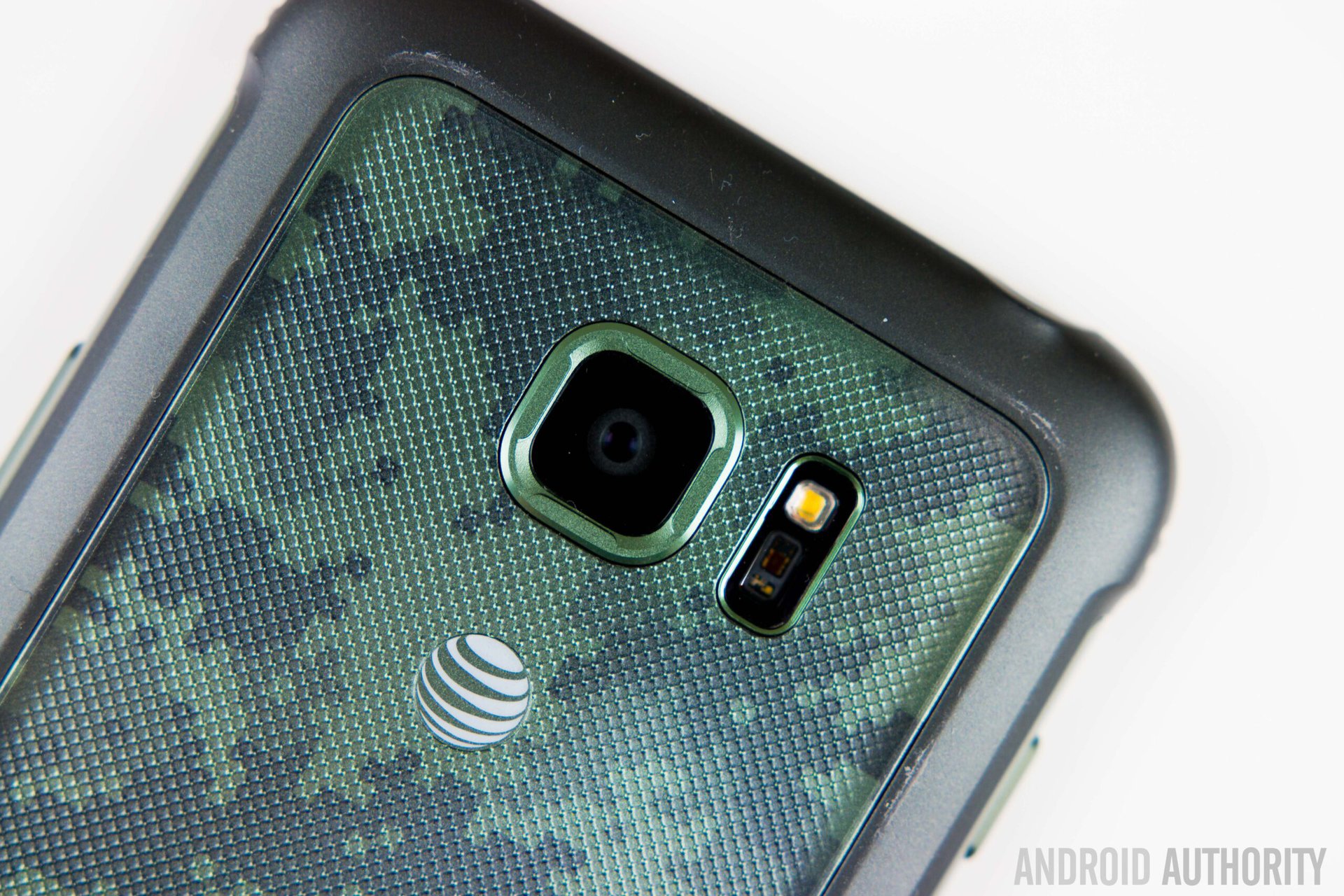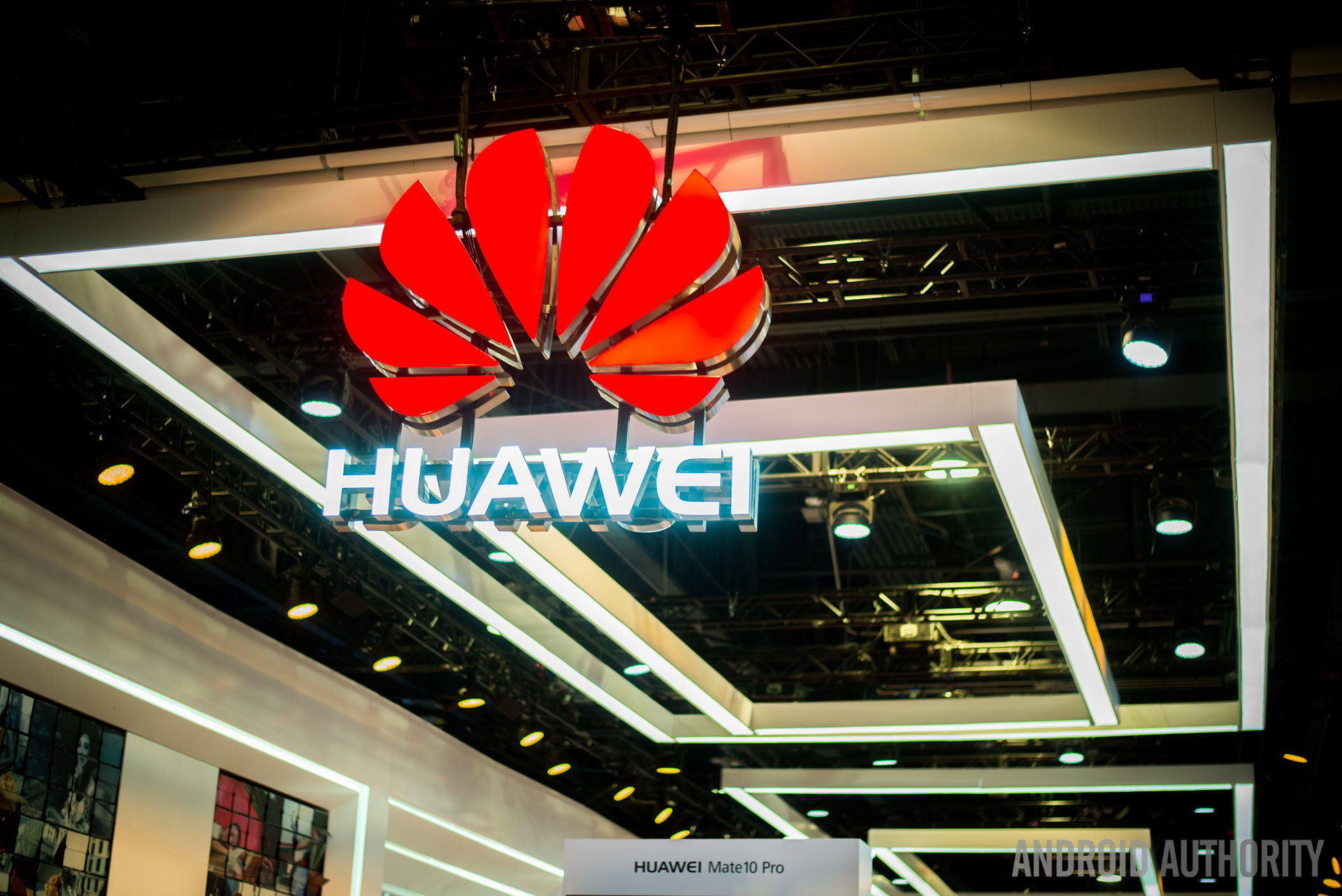Affiliate links on Android Authority may earn us a commission. Learn more.
AT&T's conflicting stance on net neutrality continues with call for Internet Bill of Rights

- AT&T published an open letter that called for an “Internet Bill of Rights.”
- AT&T also reinforced it does not hamper network performance based on content.
- The open letter is seen as hypocritical, seeing how the carrier has fought net neutrality regulation for years.
When I opened The Washington Post app on my tablet, it seemed strange to see AT&T CEO Randall Stephenson calling for net neutrality laws in an open letter. It’s not that net neutrality is something we should ignore, but because AT&T says one thing and does another.
In the open letter, Stephenson wants an “Internet Bill of Rights” that would enforce “neutrality, transparency, openness, non-discrimination and privacy protection” for American internet users. This bill would also establish “consistent rules of the road” that provide internet service providers and telecom companies some expectations.
Stephenson also reinforced that AT&T is “committed to an open internet” and does not “throttle, discriminate, or degrade network performance based on content.”
This sounds all well and good, but AT&T has fought net neutrality regulation for years. The carrier spent over $16 million in lobbying in 2017 alone and said the FCC’s vote to repeal net neutrality laws wasn’t a big deal.

The open letter also said nothing about paid prioritization and fast lanes. Paid prioritization is when ISPs charge companies like Google to prioritize their content over others.
AT&T and others tried to adopt this model with FaceTime, Netflix, and more. Even things like T-Mobile’s Binge On and AT&T’s Sponsored Data are considered examples of paid prioritization.
In other words, AT&T’s open letter seems more like smoke and mirrors than something legitimate. You cannot talk about net neutrality without talking about paid prioritization, and the carrier’s silence on the latter is deafening.
We reached out to the Electronic Frontier Foundation for comment on AT&T’s open letter.